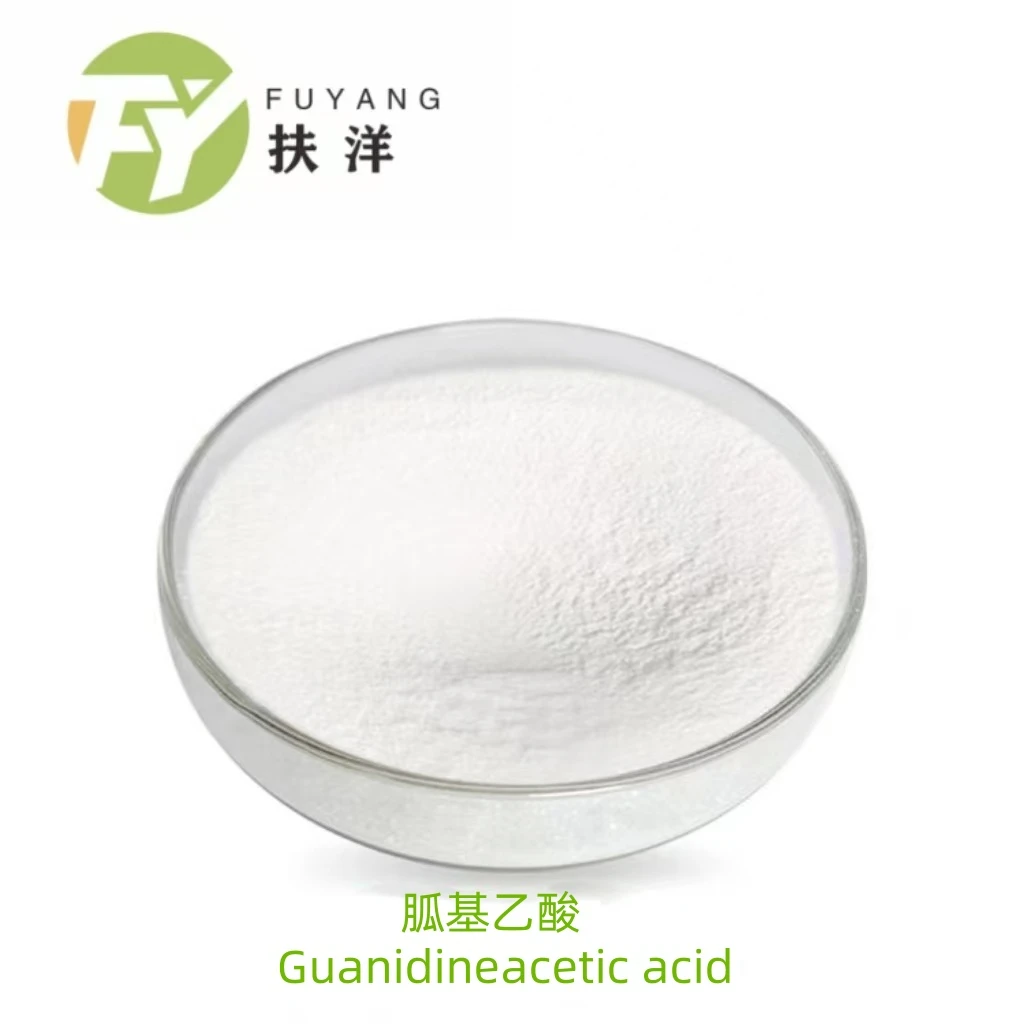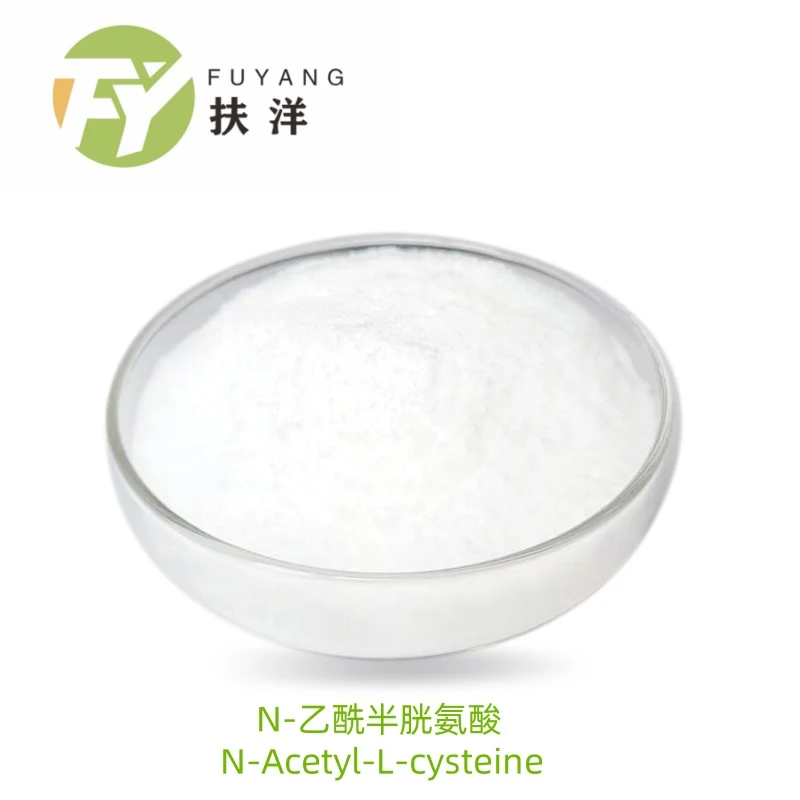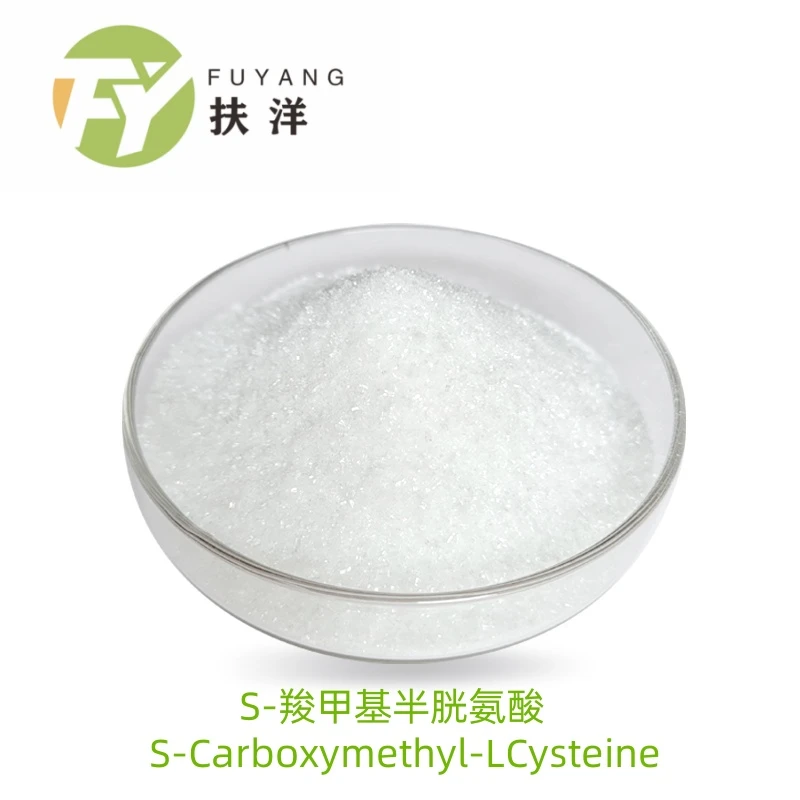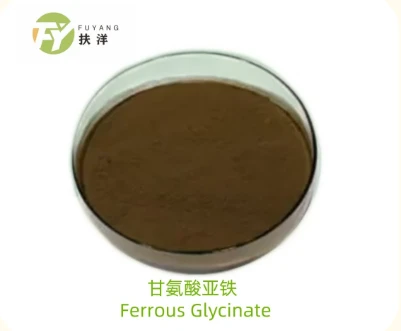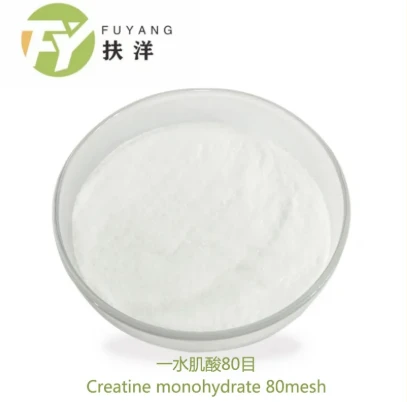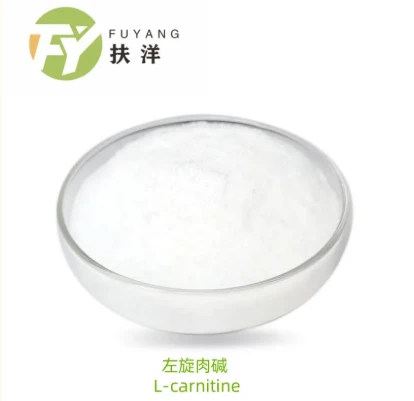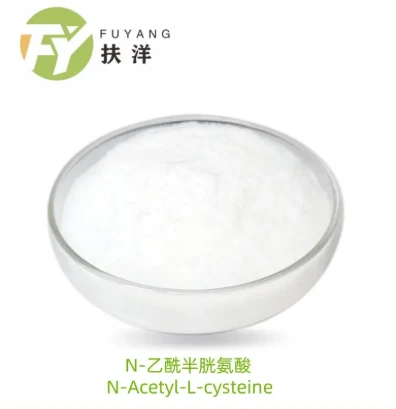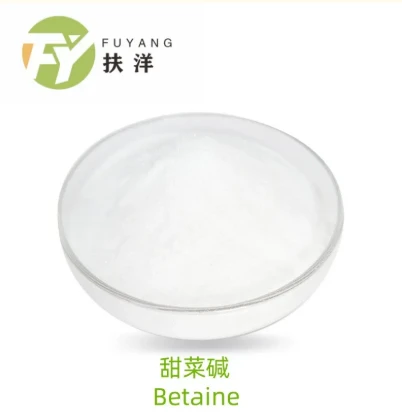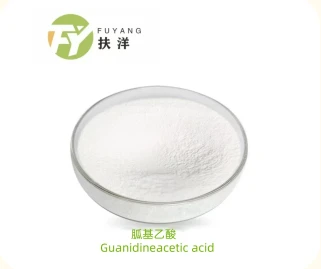Betaine Hydrochloride, also known as betaine HCl (CAS Number: 590-46-5), is a vital component in pharmaceutical, food, and feed industries. Leveraging its strong proton-donating and acidifying characteristics, betaine hydrochloride has become the gold-standard for digestive and nutritional applications worldwide. This in-depth guide analyzes market trends, manufacturing process, technical parameters, competitive landscape, customization, and real application cases — offering a full spectrum of industry knowledge in line with Google EEAT standards.
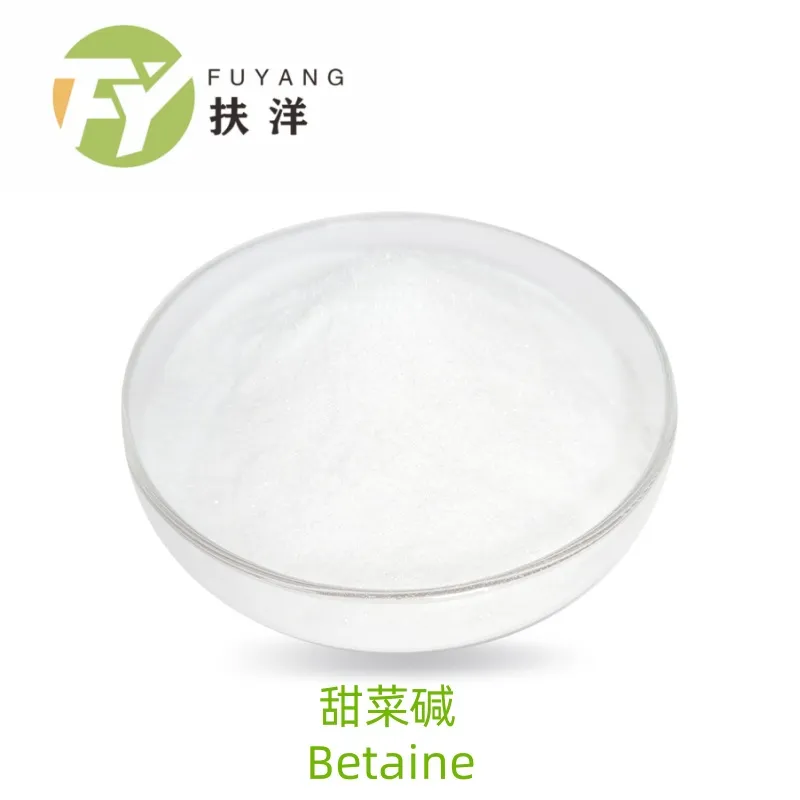
1. Industry Overview & Market Trends
- Market Size (2023): $720 million USD (Global Betaine HCl market), CAGR 5.6% (2024-2029).
- Main Applications: Nutraceuticals, Feed Additives, Pharmaceuticals, Food Industry (acidulant, flavor enhancer).
- Key Growth Drivers: Increasing demand for digestive health supplements, protein fortification in animal feeds, food grade acidulation, and pharmaceutical intermediate synthesis.
2. Technical Parameters & Product Specifications
| Property | Specification | Remarks/Standard |
|---|---|---|
| CAS No. | 590-46-5 | International identifier |
| Synonyms | Betaine HCl, Betaina HCl, Betaine Hydrochloride with Pepsin (blends) | Common trade names |
| Chemical Formula | C5H12ClNO2 | Structure: Trimethylglycine+HCl |
| Appearance | White crystalline powder | Visual test / GB 25540 |
| Purity (Assay, dry basis) | ≥ 98.0% (Food/Pharma Grade) | ISO 9001, FCC/USP/EP |
| Moisture Content | ≤ 1.0 % | Karl Fischer, ISO 760 |
| Pepsin Content (blends) | 1.5%–2.0% (as required) | Betaine Hydrochloride With Pepsin |
| Bulk Density | 0.55 – 0.65 g/cm³ | Tap density, ISO 3923 |
| Solubility | Freely soluble in water | 20°C, 100g/100ml |
| Heavy Metals | Tested (FSA/USP) | |
| Lead | ICP-MS, GB 5009.268 | |
| Product Website | betaine hydrochloride | FuYang Bio |
3. Manufacturing Process: From Raw Material to Finished Betaine HCl
Process Flow Diagram (Text & Visual)
↓
Step 2: Purification and filtration
↓
Step 3: Hydrochlorination (reaction with HCl under controlled temperature & pH)
↓
Step 4: Crystallization (isolation of crude betaine hydrochloride crystals)
↓
Step 5: Centrifugation & Washing (to remove residual reagents)
↓
Step 6: Drying (vacuum drying for minimal residual moisture)
↓
Step 7: Milling & Sieving (to targeted mesh size)
↓
Step 8: Blending with pepsin (optional, for betaine hydrochloride with pepsin)
↓
Step 9: Packaging (under GMP/ISO 22000 environment)

Process Materials, Technology & Testing Standards
- Materials: Anhydrous betaine, hydrochloric acid, purified water (all food/pharma grade).
- Manufacturing: Stainless steel reactors (ISO 9001 certified), filtration by GMP-compliant micron filters, vacuum drying lines for maximum product stability.
- Testing & Certification: Consistent batch testing as per FCC, USP, EP, ISO 9001:2015; heavy metal control by ICP-MS; microbiological analysis.
- Typical Lifespan: 24–36 months shelf life under stipulated storage conditions.
- Applicable Industries: Pharmaceuticals, animal nutrition, food processing, personal care, chemical syntheses, and water treatment.
4. Comparative Analysis: Major Betaine Hydrochloride Suppliers (2024)
| Supplier | Purity (%) | Grade | Certifications | Main Markets | Customization |
|---|---|---|---|---|---|
| FuYang Bio | 99.5 | Pharma / Food | ISO 9001, GMP, FDA | EMEA, USA, Asia | Particle size, Pepsin blends, Packaging |
| BASF | 98.8 | Animal Feed | ISO 9001, FAMI-QS | Global | Feed grade, Bulk supply |
| Cargill | 99.2 | Food/Additive | ISO 9001 | Americas, EU | Bag/Drum, Technical grade |
| NutraScience | 99.3 | Nutritional | cGMP, ISO | North America | Custom labeling, Nutraceutical blends |
| Sigma-Aldrich | 98.9 | Lab/Research | ISO, Analytical | Global (Research) | Small packs, Analytical grade |
5. Customized Solutions & Flexible Delivery
- Particle Size Control: 30–80 mesh or as required by application (tablets, capsules, feed blends).
- Pepsin Blending: Custom ratios of betaine hydrochloride with pepsin for digestive products.
- Packaging Options: 25kg fiber drums, 1kg foil bags, bulk totes and ISO tankers, all under food/pharma compliance.
- Toxicology & Regulatory: Certificates of Analysis, Safety Data Sheets, and GMO-free, BSE/TSE-free guarantees available.
- Lead Time: Typical production cycle: 10–18 days; expedited options for urgent orders within 7 days in-stock.
6. Application Scenarios & Technical Advantages
6.1 Digestive Health & Pharmaceutical
- Betaine Hydrochloride is recognized for its role as an acidifier and digestive aid, often paired with pepsin for enhanced protein breakdown and gastric function.
- Application: Capsule/tablet supplements, functional beverages, medical nutrition.
- Benefit: Increased gastric acidity for users with hypochlorhydria, improved protein assimilation.
6.2 Feed Additive & Livestock
- Added to poultry, swine, and dairy diets to improve feed efficiency and nutrient uptake.
- Reduces feed cost/unit of animal gain (industry data: avg. 4–6% savings for swine feed blends).
- Proven efficacy in heat stress reduction and improved weight gain (refer: Journal of Dairy Science).
6.3 Food Technology & Processing
- Used as a pH modifier, flavor enhancer, and dough conditioner in baking/pasta/processed foods.
- Low impurity profile and high water solubility enable precise flavor profile tailoring.
6.4 Industrial & Chemical Utilization
- Intermediate for fine chemical synthesis, catalyst, and corrosion inhibitor.
- Applications in metallurgy, water treatment (conditioning agents), oil/gas (demulsifiers).
7. Real Application Gallery & Customer Feedback

- Feed Mill, Brazil: “Higher feed digestibility, less dust, easy integration with enzymes.”
- US Nutraceutical Client: “Smooth compaction, stable acidification, and consistent release in GI tract.”
- EU Food Producer: “Provided clear labeling (590-46-5), traceability, and documented COA for every batch, which is critical for our audits.”
8. Quality Commitment, Delivery, and Service
- Quality Assurance: Fully documented batch traceability, Third-party testing (SGS, Eurofins), ISO 9001 and FDA cGMP certifications.
- Support: Full regulatory dossier (GMO/BSE/TSE free), technical assistance, and formula consulting.
- Delivery: Typical batch lead time 10–18 days, global logistics, emergency expedited shipment available.
- Warranty: 100% replacement guarantee for any batch not meeting technical specifications.
- Support Channels: 24/7 customer feedback, custom sampling, and QC/QA documentation available upon request.
9. Betaine Hydrochloride: Technical Trends (Parameter Trend Visualization)
10. Professional FAQ about betaine hydrochloride
Q1: What is the material origin of pharmaceutical-grade betaine hydrochloride?
A: The primary raw material is high-purity anhydrous betaine, which can be synthesized from glycine or extracted from sugar beet molasses. Only pharmaceutical- and food-grade reagents are permitted (ISO/FDA standards).
Q2: What are the main differences between feed grade and pharma grade betaine HCl?
A: Pharma grade contains ≥99.0% purity, heavy metals <1ppm, and must pass strict microbiological tests, while feed grade tolerances are typically looser (≥98%) and subject to FAMI-QS (feed) rather than GMP regulations.
Q3: Is the mesh size of betaine hydrochloride adjustable for different applications?
A: Yes, particle size can be customized (e.g., 30–40 mesh for tablets, 60–80 mesh for feed/dissolution), ensuring optimal flowability and processability in diverse production lines (as per ISO 3923/ASTM E11).
Q4: What installation and packaging standards are followed?
A: Betaine HCl is packaged under ISO 22000/GMP guidelines: food-grade PE liners, fiber drum or LDPE bag-in-box, and tamper-evident sealing; fully traceable with batch, production/expiry date, and COA enclosed.
Q5: Is betaine hydrochloride with pepsin available as a custom blend?
A: Certainly. The pepsin ratio (typically 1.5%-2%) can be fine-tuned for functional supplements, tablet compression, or gastrointestinal products. Microbiological stability and compatibility tests are performed according to Ph. Eur/USP protocols.
Q6: Which certifications are crucial for top-tier betaine hydrochloride?
A: ISO 9001, FDA cGMP, FSSC 22000, FCC (Food Chemicals Codex), USP/EP (pharmaceutical compendia), Kosher/Halal depending on market, and where required, REACH registration in the EU.
Q7: How long is the warranty and stability of your betaine hydrochloride?
A: We provide a 24–36 month shelf life (sealed, cool, dry, and well-ventilated storage) and a 1-year performance warranty from delivery; stability data and full third-party test reports are offered on each batch.
11. Why Choose FuYang Bio's betaine hydrochloride?
- Expertise: 20+ years in functional amine salt R&D and production, technical team with PhDs in chemistry & food science.
- Authoritativeness: Core supplier for Top-500 nutraceutical and feed companies, referenced in leading scientific journals and U.S. Pharmacopeia monographs.
- Experience: Global client base, solutions for pharma, food and feed, custom R&D support.
- Trustworthiness: SGS audited, consistently passing ISO, FDA and EU audits, robust quality guarantee and responsive customer support.
12. Reference & Industry Insights
- “Comprehensive Review of Betaine Hydrochloride: Sourcing and Quality” - Journal of Nutrition (Oxford)
- “Feed Additives: Global Regulatory Update” - Feed Strategy Magazine
- “Improving Functional Supplement Design with Betaine Hydrochloride” - Frontiers in Nutrition
- Industry Forum: Engormix – Betaine HCl Discussions
- BALCK: This is the first article
- NEXT: Unlocking the Power of Amino Acids for Food

